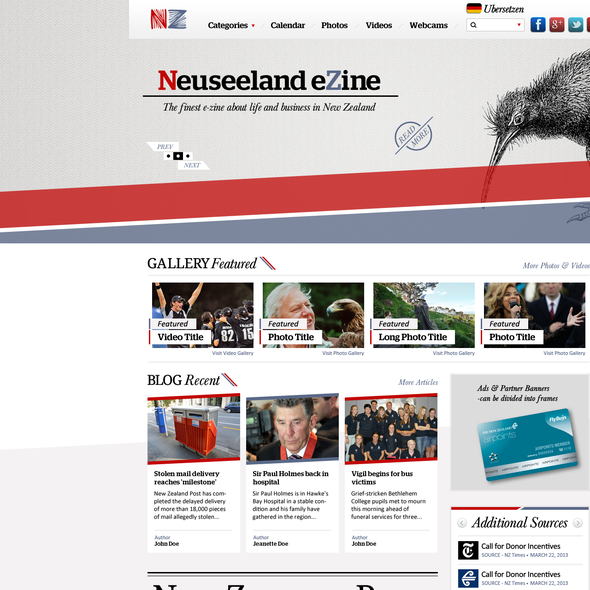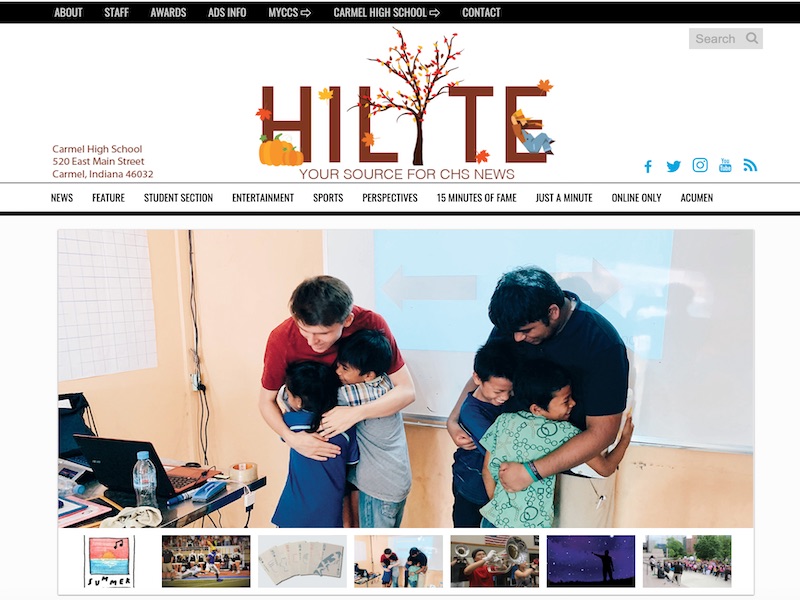News Websites Things To Know Before You Get This
News Websites Things To Know Before You Get This
Blog Article
An Unbiased View of News Websites
Table of ContentsSome Known Questions About News Websites.The Only Guide for News WebsitesThe Buzz on News WebsitesSome Ideas on News Websites You Need To KnowThe smart Trick of News Websites That Nobody is Discussing
It was down in the UK and Brazil yet up a few other nations, such as Greece, Bulgaria, and Poland (News Websites). This year, for the very first time, we asked concerning the various manner ins which individuals avoid the news and discovered that around half of avoiders (53%) were trying to do so in a broad-brush or routine method as an example, by shutting off the radio when the news began, or by scrolling past the news in social networksYou said that you try to actively prevent news.

I'm possibly picking to review more light-hearted stories than I made use of to currently. M, 51, UK Turning my back on information is the only method I feel I can deal often. I need to consciously make the initiative to avert for my own mental health.
Some Known Details About News Websites
Discerning avoidance of Ukraine information was greatest in much of the countries closest to the dispute, reinforcing searchings for from our additional survey in 2014, right after the war had begun. Our information might not recommend an absence of rate of interest in Ukraine from neighboring countries but rather a wish to handle time or protect psychological health and wellness from the really actual horrors of war.
Comparing Finland with a politically polarised nation such as the United States (see next graph) that is much less affected by the battle, we find an extremely different pattern of subject avoidance. In the USA, we discover that consumers are more probable to prevent topics such as nationwide politics and social justice, where arguments over issues such as sex, sexuality, and race have become very politicised.
American national politics are rather hazardous nowadays. I discover in some cases that I need to detach from tales that just make me upset. F, 61, USA For some people, bitter and divisive political debates are a reason to shut off information entirely, but also for some political partisans, evasion is typically about shutting out perspectives you have a peek at this website don't desire to listen to.

The Basic Principles Of News Websites
Some are aiming to make information much more easily accessible for hard-to-reach groups, broadening the news schedule, commissioning even more inspiring or favorable news, or embracing constructive or options journalism that provide individuals a feeling of hope or individual company. In our study this year, we asked participants about their interest in these different approaches.
This describes why tales like Ukraine or nationwide politics carry out well with news regulars but can at the very same time transform less interested users away (News Websites). Selective avoiders are much less curious about all sorts of news than non-avoiders but in loved one terms they do seem to be more curious about positive or solutions-based information

The smart Trick of News Websites That Nobody is Talking About
2023). This may be true in the minute, but in time it appears to be leaving lots of people empty and less pleased, which may be weakening our link with and rely on the information. Throughout markets, general rely on news (40%) and count on the resources individuals use themselves (46%) are down by a better 2 portion points this year.
Through the rear-view mirror, the COVID-19 trust bump is plainly noticeable in the adhering to chart, though the instructions of travel later on has actually been mixed. In many cases (e.g. Finland), the trust rise has actually been kept, while in others the upturn looks more like a blip in a tale of ongoing long-term decline.
A few of the greatest reported degrees of media criticism are discovered in countries with highest possible degrees of question, such as read Greece, the Philippines, the United States, France, and the UK. The most affordable levels of media objection are commonly in those with higher degrees of trust, such as Finland, Norway, Denmark, and Japan.
The Basic Principles Of News Websites
This year we asked respondents regarding their preferences for text, sound and video when eating news online. Generally, we locate that the majority still choose to read the information (57%), as opposed to watch (30%) or listen to it (13%), but younger people (under-35s) are more probable to listen (17%) than older teams.
Behind the standards we locate substantial and unusual nation differences. In markets with a solid analysis tradition, such as Finland and the United Kingdom, around eight in 10 still choose to read online information, however in India and Thailand, around 4 in ten (40%) state they like to see news online, and in the Philippines that proportion is over fifty percent (52%).
Report this page